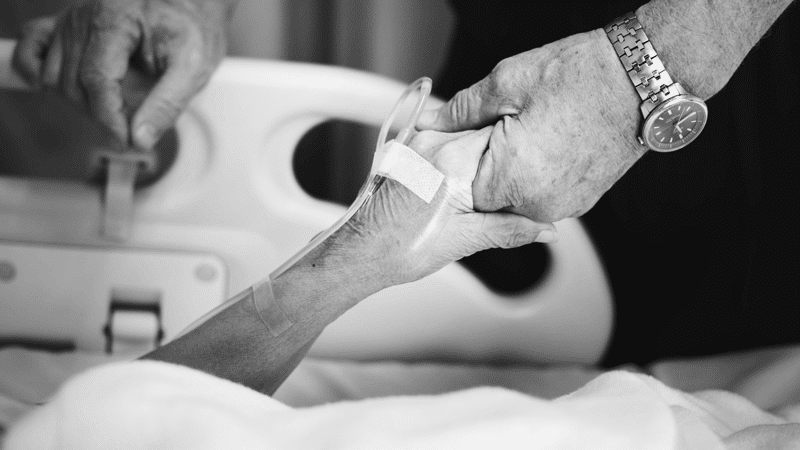Scotland’s latest attempt to legalise assisted suicide has been blasted as dangerous and prejudiced by columnists.
Liam McArthur MSP is proposing to remove legal protections for vulnerable patients who are terminally ill.
But writing for The Herald, Andrew McKie and Kevin McKenna say the legislation poses serious dangers to vulnerable and disabled people.
Dangers
McKie highlighted a series of reasons to resist the latest push for legalisation, including the lack of medical certainty about death.
He pointed out how there was doubt on the “degree to which someone terminally ill, or in serious pain, is capable of agency”.
Citing the recent controversy surrounding Do Not Resuscitate orders applied during the pandemic, McKie stressed that it was “a compelling demonstration that medical professionals don’t always get such calls right”.
Normalisation
Comparing the issue with abortion legislation, McKie also warned that “when a practice is legitimised, it becomes regarded as normal, rather than exceptional”.
He argued: “When legalisation was introduced by David Steel in 1967, almost everyone who argued for it said that it would be rare, subject to strict conditions, and was mainly desirable to prevent the deaths of the 50 or so women who died each year during illegal procedures.
“No one anticipated that, after the law has been amended seven or eight times, more than 200,000 terminations would be conducted annually in the UK.”
McKie added that it showed how “what was previously an ethical hot potato is now commonplace”.
If disability, incapacity or suffering are sufficient justification for ending a life, those in that position will be presented with it as an option; there is a significant danger that declining the option will come to be seen as the irrational decision.
Pressure
McKie also argued: “If disability, incapacity or suffering are sufficient justification for ending a life, those in that position will be presented with it as an option; there is a significant danger that declining the option will come to be seen as the irrational decision.”
He was joined in his criticism by Kevin McKenna, who said that the push from politicians for such legislation looked like an excuse to not fund palliative care options.
McKenna also noted how most of the UK’s foremost disability charities had resisted any change in the law, as they feared “such a law will heighten prejudicial attitudes to disabled people and ramp up pressure on them to take their own lives”.
Previous campaigns
Two assisted suicide Bills have been defeated in the Scottish Parliament since 2010. Most recently, in 2015, MSPs rejected Patrick Harvie’s Assisted Suicide (Scotland) Bill by 82 votes to 36.
A majority of MSPs in both the Scottish Conservatives and Scottish Labour parties voted against the Bill, with MSPs from the Scottish Liberal Democrats and the SNP also rejecting the legislation, but both Scottish Green MSPs at the time voted in favour of the Bill.
A consultation on McArthur’s Bill will take place in the autumn, with a vote anticipated in Holyrood next year.
Medics refuse to help kill patients under proposed Scots assisted suicide law
SNP pledges to consider legalising assisted suicide if re-elected
‘In a civilised society every life has value’, says bioethicist




